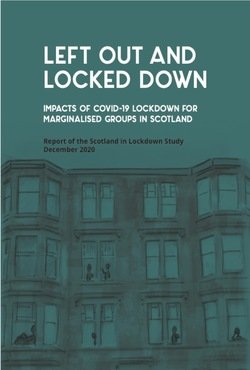By The Office of the eSafety Commissioner (Australia)
Online hate is one of the most prevalent forms of digital violence. It affects many internet users in Australia and globally, especially individuals from targeted groups, including sexually diverse individuals, Aboriginal and/or Torres Strait Islanders, individuals with disability, and those from other culturally and racially marginalised backgrounds. It can take the form of hateful posts or comments about a person based on discrimination or bias related to characteristics such as their sexual orientation, gender, race, disability, religion or ethnicity.
This report is the first in a series of two reports exploring encounters with online hate among adults in Australia. It explores the prevalence, nature and impact of online hate among adults who belong to one or more of the targeted groups, drawing on data from eSafety’s Australian Adults Online survey, conducted in November 2022.
Key findings
Adults who identify as sexually diverse, Aboriginal and/or Torres Strait Islander, with disability, and/or linguistically diverse are more likely to be targeted with online hate.
Adults from these targeted groups are more likely to experience online hate based on discrimination or bias related to at least one aspect of their identity.
Most targeted adults experience online hate on social media, with the hate most often perpetrated by a stranger.
Online hate has harmful effects on the wellbeing of adults from targeted groups.
A minority of targeted adults act after encountering online hate, but many refrain from acting because they don’t think anything will change.
Canberra: Commonwealth of Australia 2025




